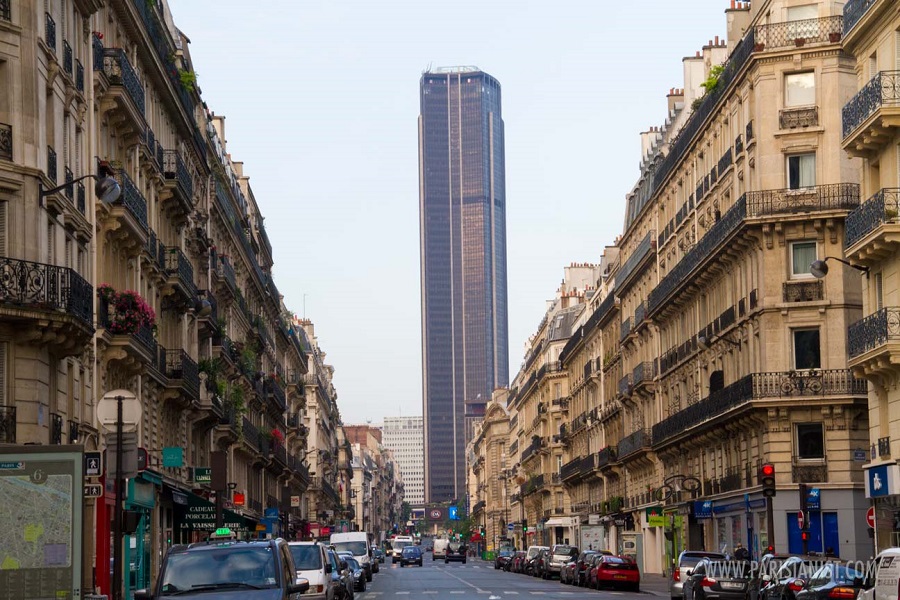I was watching some stupid BBC-TV show about how a titled earl’s mansion was saved from ruin only by royal intervention (Prince Charles and his Prince’s Trust), and how the place was restored to its former glory and was now in essence a museum (said earl having relinquished title to the property many decades ago).
Which house and which earl is not important. What was not said was why the place had to be abandoned in the first place, which can be summed up in just two words: inheritance taxes.
Of all instances of government bastardy — and there are thousands — this is the one which gets my goat, because there are two major principles in play, and neither of them is good.
1) The State decides that your property doesn’t really belong to you, so the gummint takes part of it it away from you (or more properly, from your heirs) after your death and puts it into their coffers. It’s nothing less than fucking theft, pure and simple.
2) The principle that “unearned income” — i.e. that your wealth gets passed on to your heirs, who didn’t work for it and therefore it should be treated as a windfall — is a bad thing because it simply perpetuates the wealth inequality of society. The underlying Marxist lie that underpins this idea is self-explanatory: that wealth is a finite quantity, and that keeping it in the family prevents others in society from benefiting from it. (Never mind that history shows that almost all great fortunes are dissipated within four — and usually three — generations because of multiple heirs, wastage, poor judgement and so on.)
What we also know is that inheritance taxes do not affect the very wealthy much, if at all, because they protect their property by a multitude of (perfectly-legal) tax avoidance schemes. Instead, the taxes hit the middle classes (and especially family business owners and farmers) hardest of all.
So it’s all very well for HRH the Prince of Wales to come riding in on his faerie chariot and save some great house from ruin, when in fact it was the policies of his (and his forerunners’) government that was the principle cause of that ruin in the first place.
Just so we know the extent of the villainy: the family was going to be forced to sell off the household effects to help pay the bills. Which sounds trivial except that the earl was the owner of the largest collection of Chippendale furniture in the world (simply because the fifth earl had seen the first-ever catalog of the Chippendale Brothers furniture company in the 1750s, liked what he saw and bought hundreds of pieces of the stuff for his new country home, and all of which had stayed in the house ever since). To give you an idea of its worth: just one large glass-fronted bookcase — now being used to house some of the family’s equally-valuable china — would have fetched at auction around £20 million, and each of the hundreds of Chippendale chairs around £50,000… yes, each.
All the household goods had been packed up in an eighteen-wheeler, and were actually halfway to the auction house in London when the truck was intercepted and turned back to the house. All very heroic stuff — and all completely unnecessary.
What’s interesting is that here in Murka, where we don’t even have titles and such, the popular antipathy towards inheritance taxes is profound — something like 80% of people polled hate the very idea of it, even though the vast majority of people are unlikely ever to be affected by inheritance taxes.
That’s because we’re not stupid, and we can recognize theft when we see it. It’s the principle of the matter, and as this nation was founded upon principle, we can recognize its villainy where other countries’ inhabitants might not.
By the way, here’s the Wikipedia entry for Dumfries House.







